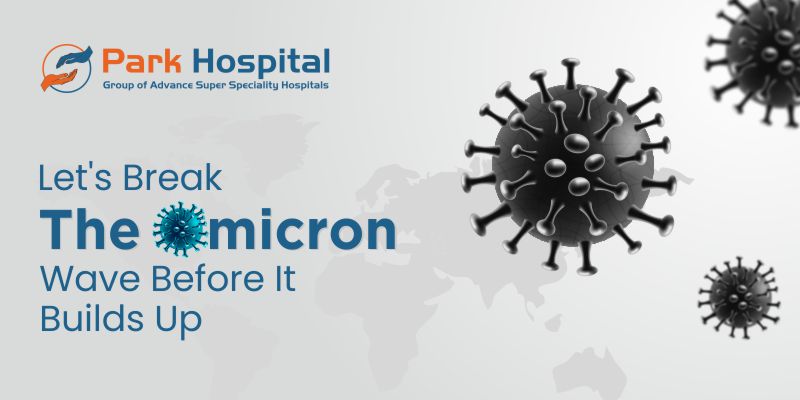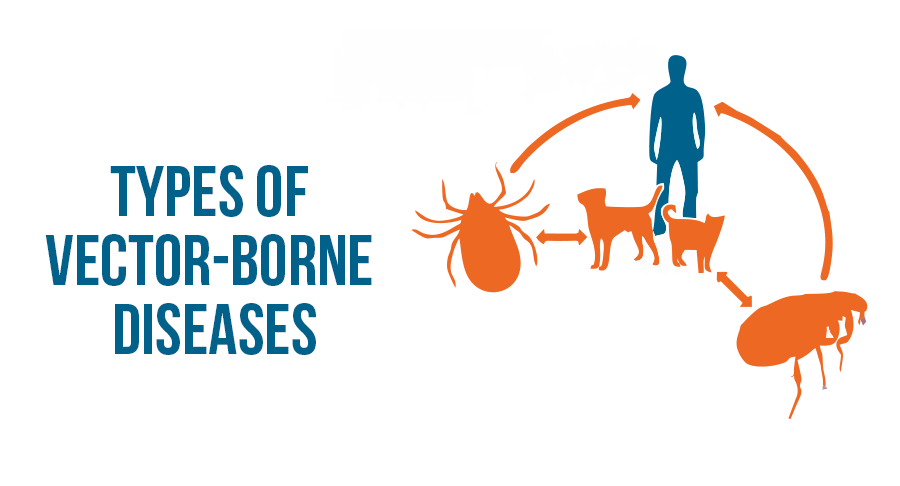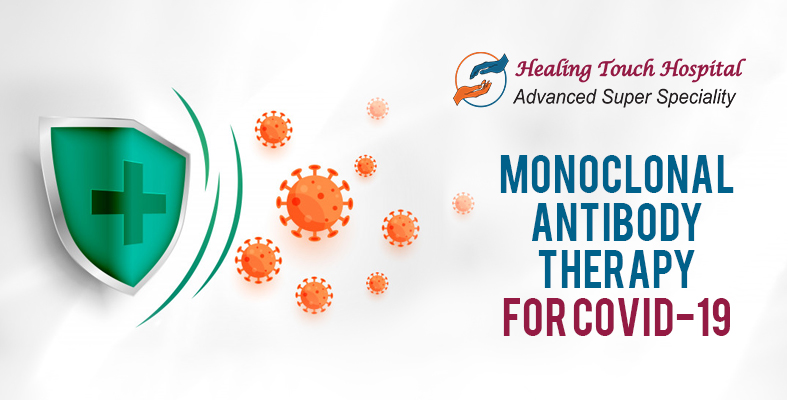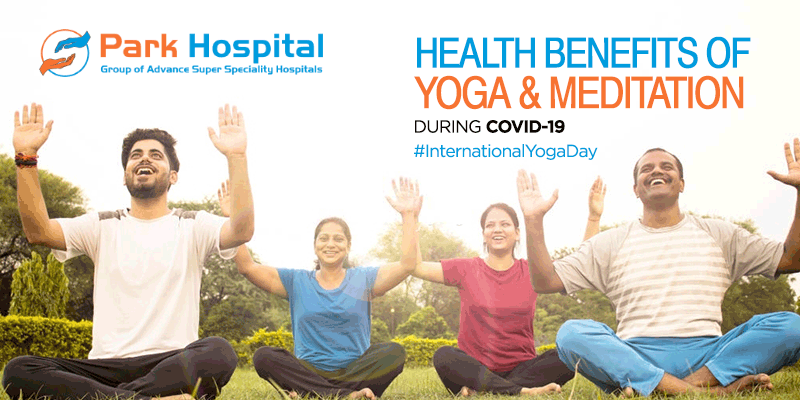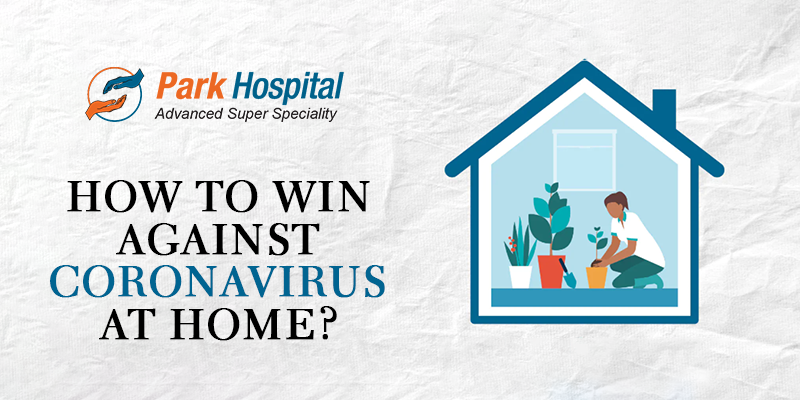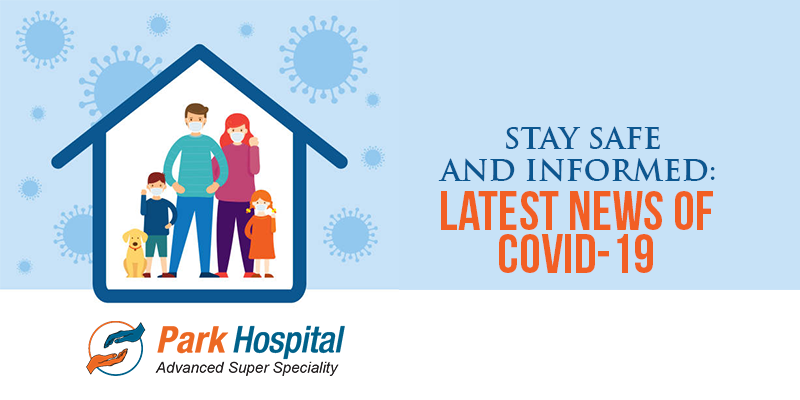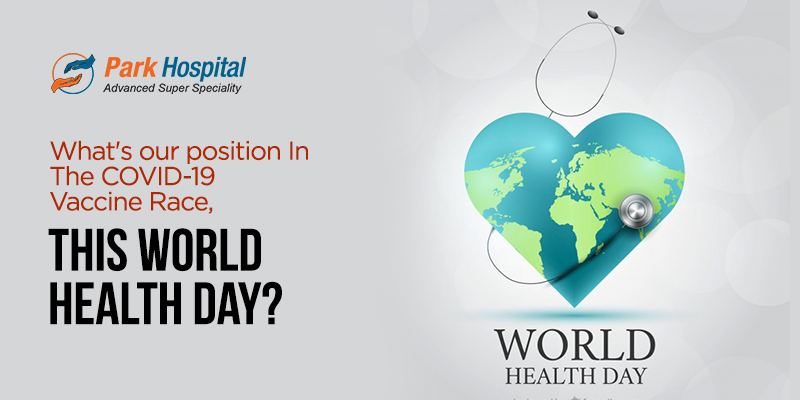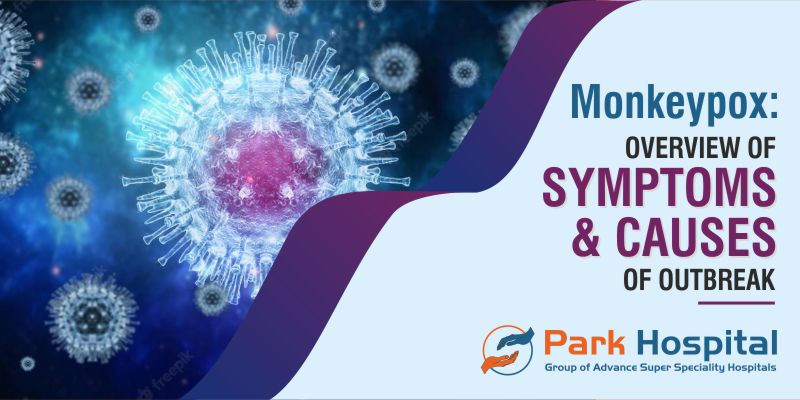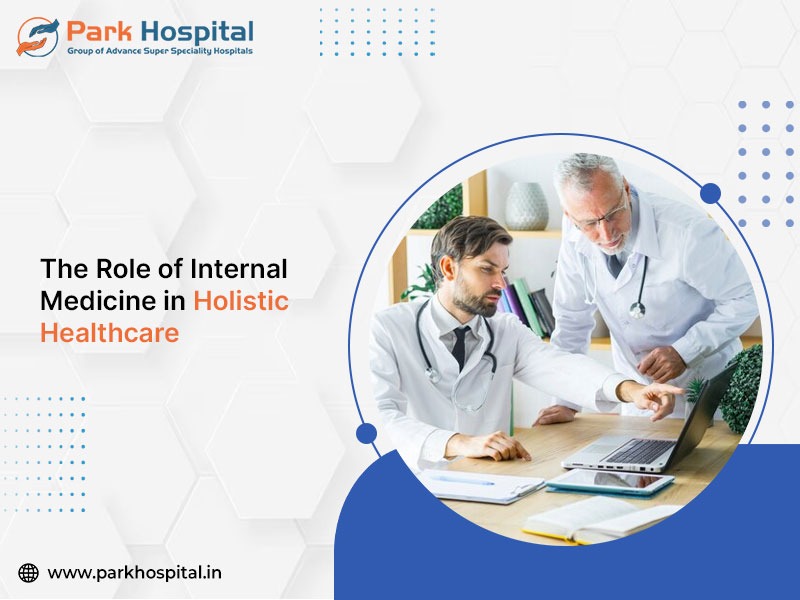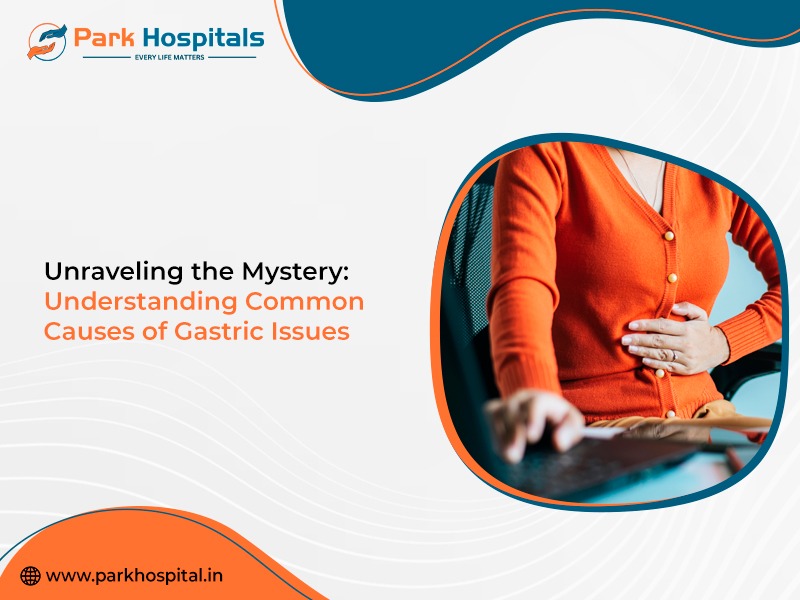After the devastating second wave of COVID, the whole world rallied to take the fight back to it over the last few months. The vaccinations rates were slowly climbing up and the number of active cases had been dwindling until the newest VoC (Variant of Concern) of SARS-CoV-2 virus, Omicron emerged in South Africa and Botswana and now is making its presence felt across the world.
Variants are mutations in viruses, which allow them to overcome the treatment or natural immunity which had been developed against it. Like every virus; coronavirus too has developed numerous mutations. WHO has classified them into Variants under Monitoring, Variants of Interest, and Variants of Concern.
VoC is the most troubling category of COVID variants. They show a higher rate of transmission, more resistance to treatments and are a detriment in our efforts to understand the disease better.
Omicron like its predecessors has been named after a Greek alphabet. Its genetic nomenclature is B.1.1.529.
What Makes Omicron different?
WHO and other organizations at the vanguard of the battle against COVID have now better knowledge and experience with assessing the virus and thus the Omicron variant was identified easier than its predecessors. The Omicron virus has a greater number of mutations than the previous variants, but it can not be said for now that if it makes the variant stronger or weaker. Both could be the case.
However, from the earliest observations, it appears that Omicron may have a higher chance of reinfecting people who already had COVID-19 when compared with other variants.
RT-PCR test which is currently the most reliable way to detect COVID infection is able to detect Omicron in the early stages in most cases.
Symptoms of Omicron
Omicron infected patients display similar symptoms as earlier variants. The most common symptoms are fever, cough, tiredness, loss of taste or smell. The less common symptoms are aches, pains, diarrhea, a rash on the skin, discoloration of fingers or toes, and red or irritated eyes. Serious respiratory problems can occur when the infection is too severe.
Researchers don�t yet have a large enough sample size to determine the complete scope of symptoms of Omicron and how differently will it affect the patients than its predecessors.
What can we do?
Prevention is paramount. We have lived with COVID for the last two years and the second wave taught us the follies of being complacent. Caution is the key. Until experts and scientists gain more knowledge about the Omicron variant it is our duty to stop this variant from becoming a global menace like the Delta variant.
As mentioned earlier, Omicron can trigger reinfection in those who already have had the infection or even in those who had been vaccinated because of its numerous different mutations. Until we know for sure, we have to re-induct pandemic appropriate habits in our daily routine. Double masking, social distancing, and sanitation is very important. But the most important priority right now is to stop long-distance travel. The government has acted with alacrity and has taken measures accordingly but still, we can see the news of the Omicron Variant trickling slowly through the cracks. The onus is on us to stop this trickle from becoming a deluge. Let�s once again stand together and this time let�s defeat the danger before it becomes a monstrosity.
Park Group of Hospitals is a chain of top hospitals with one of the best infrastructures and resources in and around Delhi NCR. If you have been having any symptoms conducive to COVID 19 or you want to get done any tests related to it, visit your nearest Park Hospital.

